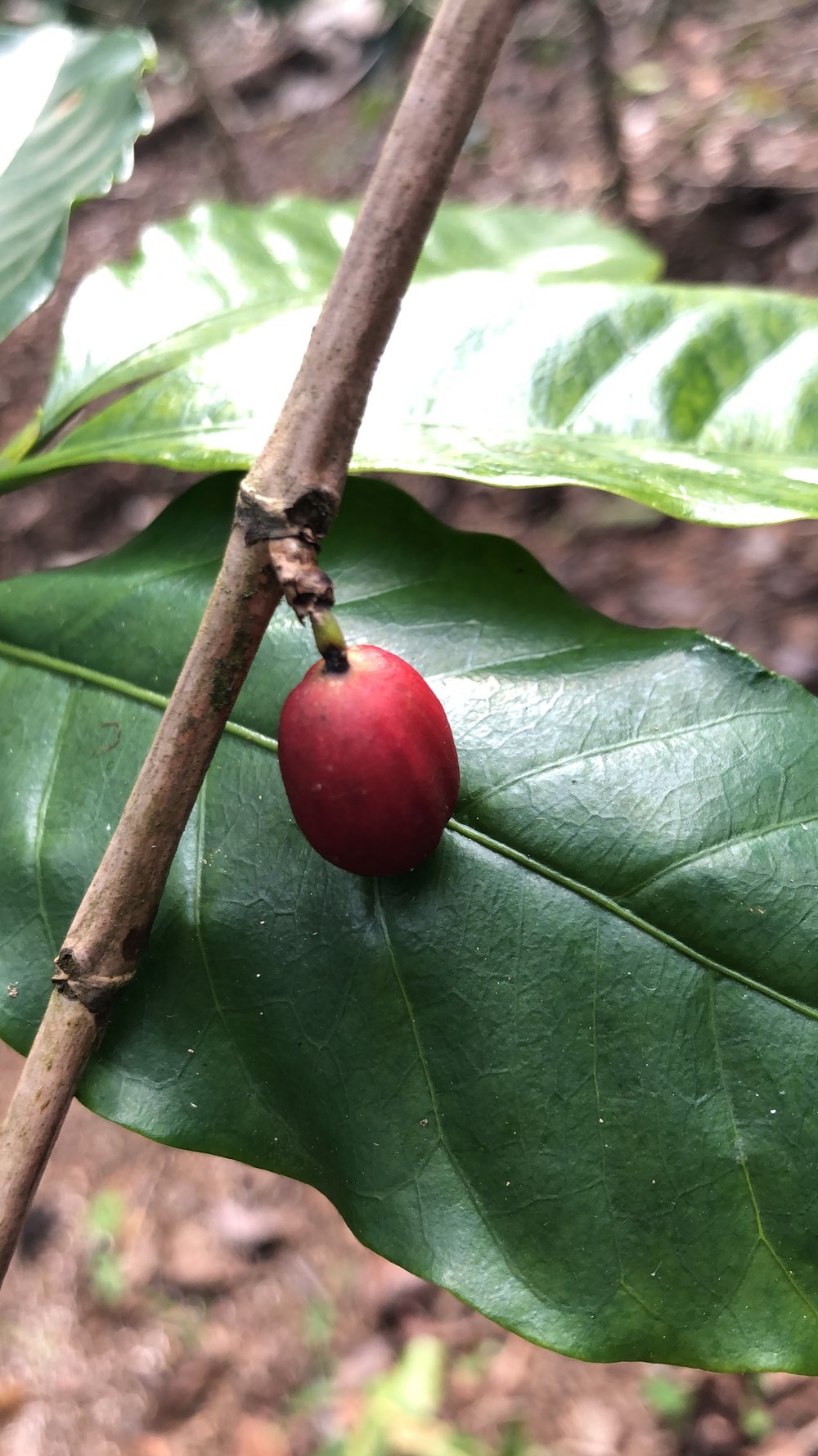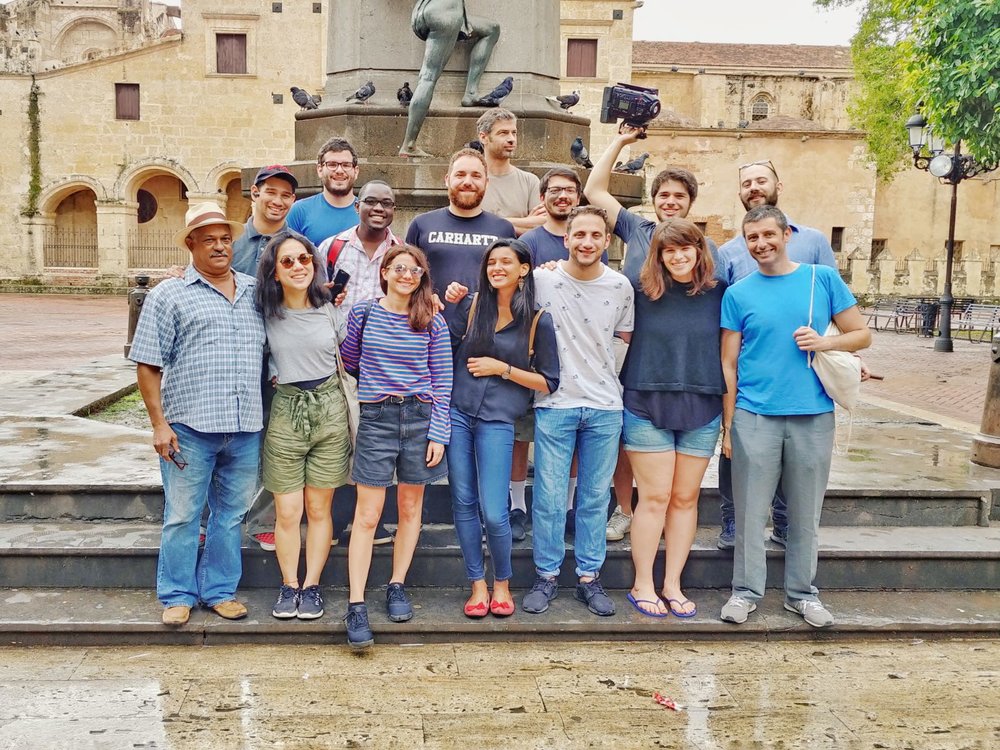
In Neyba village, I realized that to improve the life of small producers, we need to improve not only the cultivation or the agricultural technology, but also respond to the gender and age inequalities with an inclusion process that allows women and young people to work and grow in a sustainable way.
Recently, thanks to the support of SDSN Youth, I was introduced along with three other sustainability enthusiasts to the Coffee Study Program, an inspiring initiative organised by Lavazza (in partnership with Oxfam and SDSN Youth itself) to explore the delicate balance that exists between local livelihoods and coffee production, as well as the perceptions associated to coffee culture in Italy and the Dominican Republic.
The 14-day program began at the birthplace and headquarters of Lavazza in Turin, Italy. There, my colleagues and I got on board with the company's Corporate Social Responsibility projects, which emphasize an approach to coffee production that rests on the society-gender-waste-water-wage nexus. We were told about this little fruit, about it being a cash crop making it to the New York Stock Exchange and amounting to a global volume of exports of 9.93 million bags in February 2018, as per International Coffee Organization. Based on my learning experience from Turin, I believe sustainability behind coffee lies in understanding its cultivation practices, its production methodologies across geographies, its socio-environmental impact based on its relevance in the economy. In my expedition to discover the world of sustainable coffee, Lavazza’s commitment towards the land and farmers was evident, with the objective of making coffee production aligned with Goal 12 of the Sustainable Development Goals (SDGs), which aims at achieving Responsible Production and Consumption.


The final leg of the journey ended in the coffee farms of Neyba, Dominican Republic, where we were exposed to the local realities behind this truly international product. Uniquely in this country, the potential of coffee is recognized by the government, which funds a Coffee National Strategy. In Neyba village, I realized that to improve the life of small producers, we need to improve not only the cultivation or the agricultural technology, but also respond to the gender and age inequalities with an inclusion process that allows women and young people to work and grow in a sustainable way. It was refreshing to see that apart from standard support to coffee farmers, in terms of good practices and entrepreneurship, Lavazza/Oxfam also had indirect amplifiers focusing on gender equality, youth empowerment and food security, promoting the welfare of small coffee farmers through increased yields and return of production as an end goal. Here, I noted that the support provided in the cultivation of coffee can have strong synergies with SDG 5 on Gender Equality, because it enables a large part of the population to have a better future and better life expectations.
Throughout my experience on the ground, I further analysed coffee production through the lenses of SDG 13, which focuses on Climate Action. The farmers in Dominican Republic reported that there was a decrease in the area that can be cultivated due to climate change, as coffee crops are highly sensitive to weather conditions. The impacts of such disasters include crop diseases such as coffee rust. The work that Lavazza foundation did in financing the equipment for COOPROCASINE, a local farmer cooperative, helped in strengthening the infrastructure in response to climate change.
In conclusion, I am honoured to have been a part of this program, as it made me realize that there is a huge difference between deploying resources and creating worth. It made me discover that there is sustainability behind coffee!







Kanika Joshi works as a Research Associate with IFMR LEAD in India and has a postgraduate degree in Sustainable Development Practices from TERI University of New Delhi. Her current research interest lies within youth inclusion, human rights, financial literacy and gender based violence.
She has experience in participatory appraisals with tribal/rural/peri urban communities and in implementing interventions in the livelihoods sector. Her field engagements include conducting social research in Uttarakhand, Odisha, Uttar Pradesh, Karnataka, Gujarat, Rajasthan, Tamil Nadu and Delhi.
She has worked with The Energy Resource Institute, SELCO Foundation and HCL Foundation. She holds a Bachelor’s Degree in Commerce from University of Delhi and is a keen contemporary dancer.
With SDSN Youth, Kanika has contributed immensely towards the Youth Solutions Report and keeps representing the Global South in several conferences.